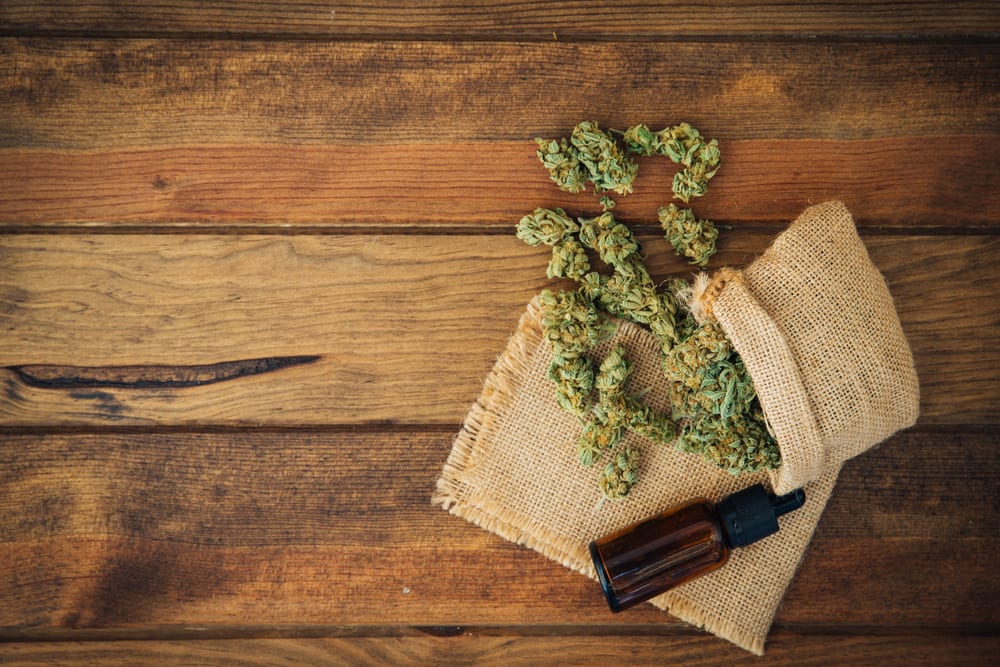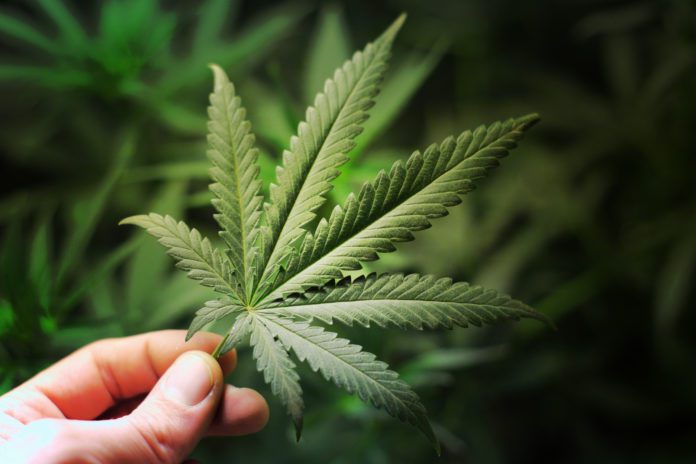Mental health is a hot button issue these days. There is tons of media attention and mental health awareness campaigns focusing on its prevalence and how to fight issues of anxiety, depression, addiction and mood disorders. This is true both in general and in regards to specific disorders, such as bi-polar disorder, social anxiety, post-traumatic stress disorder, and more.
The legalization of medical marijuana and its potential use in various treatments has also become a hot button issue. More and more states are beginning to either legalize medical marijuana or expand its legalization to include more medical applications. There is some debate about just how much cannabis and the products derived from it — like CBD oil — can actually help treat various mental health disorders.
Part of the reason for the debate is that there just hasn’t been enough research and studies into its effectiveness, in general or in specific situations. However, we are starting to see some preliminary results on smaller studies. If you are someone who is a medical marijuana user from somewhere like Harvest House of Cannabis, you might be interested to know what these studies have found.
Reducing Anxiety, Depression and Stress
There is some debate about whether marijuana can be used to treat anxiety and depression, or if it exacerbates it. The truth is that there are some studies that have shown how marijuana and products derived from it can be used to treat them. However, findings also tend to show that its use needs to be controlled carefully, and that it can be more or less effective on a case by case basis.
For example, THC — the psychoactive component in marijuana that causes you to feel “high” — seems to decrease anxiety but only at lower doses. At higher doses, it seems to actually increase anxiety. However, CBD is a compound that can be derived from marijuana that does not contain any significant THC, and it seems to decrease anxiety at any dose. Different individual tolerances and reactions to marijuana shows some variation in the effectiveness.

In general, there have been very similar findings for using marijuana to reduce levels of stress and depression. One study performed by a group in Chicago found that consuming marijuana at lower doses can indeed reduce stress, but it can cause greater stress at higher doses. CBD has also been found to be more effective for treating stress, including Post-Traumatic Stress Disorder (PTSD).
For general depression, there are preliminary studies and research into how marijuana can help reduce levels of depression. Specifically, depression caused by chronic stress, which has been shown to reduce your brain’s production of endocannabinoids. It is a naturally occurring chemical in your brain that affects your cognition, emotions and general behavior. Some studies have used marijuana to restore levels of endocannabinoid, with promising but inconclusive findings for stress, depression and anxiety.
Using Marijuana in Addiction Recovery Treatments
There are three ways that marijuana is used in drug addiction treatments — harm-reduction recovery treatment, reversing damage to the brain caused by heroin, and substituting crack use with marijuana.
The idea of harm-reduction recovery treatments is to focus less on strict and absolute abstinence from all alcohol and drug use. The issue is that the initial recovery period for an addict can be dangerous as they go through withdrawal. As a result, the idea is to introduce marijuana use to help slowly wean an addict off their drug, and to minimize harmful withdrawal symptoms during the detox phase. However, there has been no conclusive scientific study for how effective this type of recovery treatment really is.
However, there are studies showing how the cannabidiol from marijuana can help reverse the alterations or damage to the brain caused by heroin use. Cannabidiol can be separated from THC so it doesn’t cause as much of a “high”, making it more safe. It has also been found to reverse impairments to the glutamate transmitter system in the brain, which contributes to your decision-making and cognition. It has also been found to positively affect systems in our brain that can contribute to addiction, such as anxiety and inhibition controls.
Lastly, there was a 2017 study looking into the potential of using marijuana to treat addiction to cocaine and crack. The study experimented with giving marijuana to people who are addicted to crack cocaine to help them overcome their addiction. The findings suggested that cannabinoids might help reduce cravings for cocaine and crack among addicts, helping them wean themselves off of it. The potential is important, because there has not been any other medication found to help treat crack addiction before.
In the end, what few studies that have been performed on the effectiveness of marijuana to treat various mental health issues are incomplete but show promising results. If you are interested in trying to use marijuana to improve your mental health, you should know the general gist of the findings so far. Specifically, to avoid taking too much THC in larger doses, since a smaller dose seems to be more effective. Also, to focus on cannabidiol (CBD) that has the same positive effects with none of the problematic side effects.
